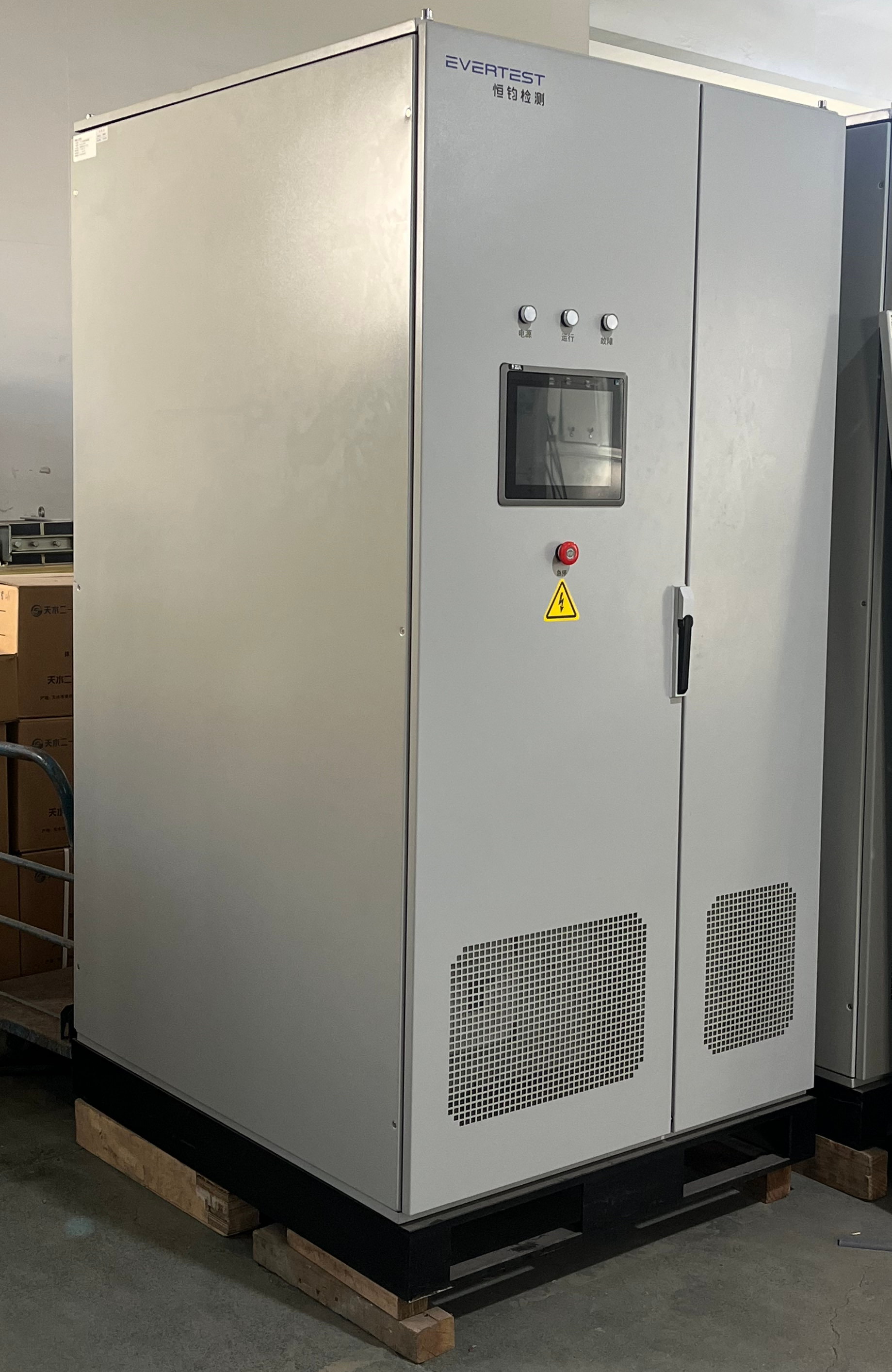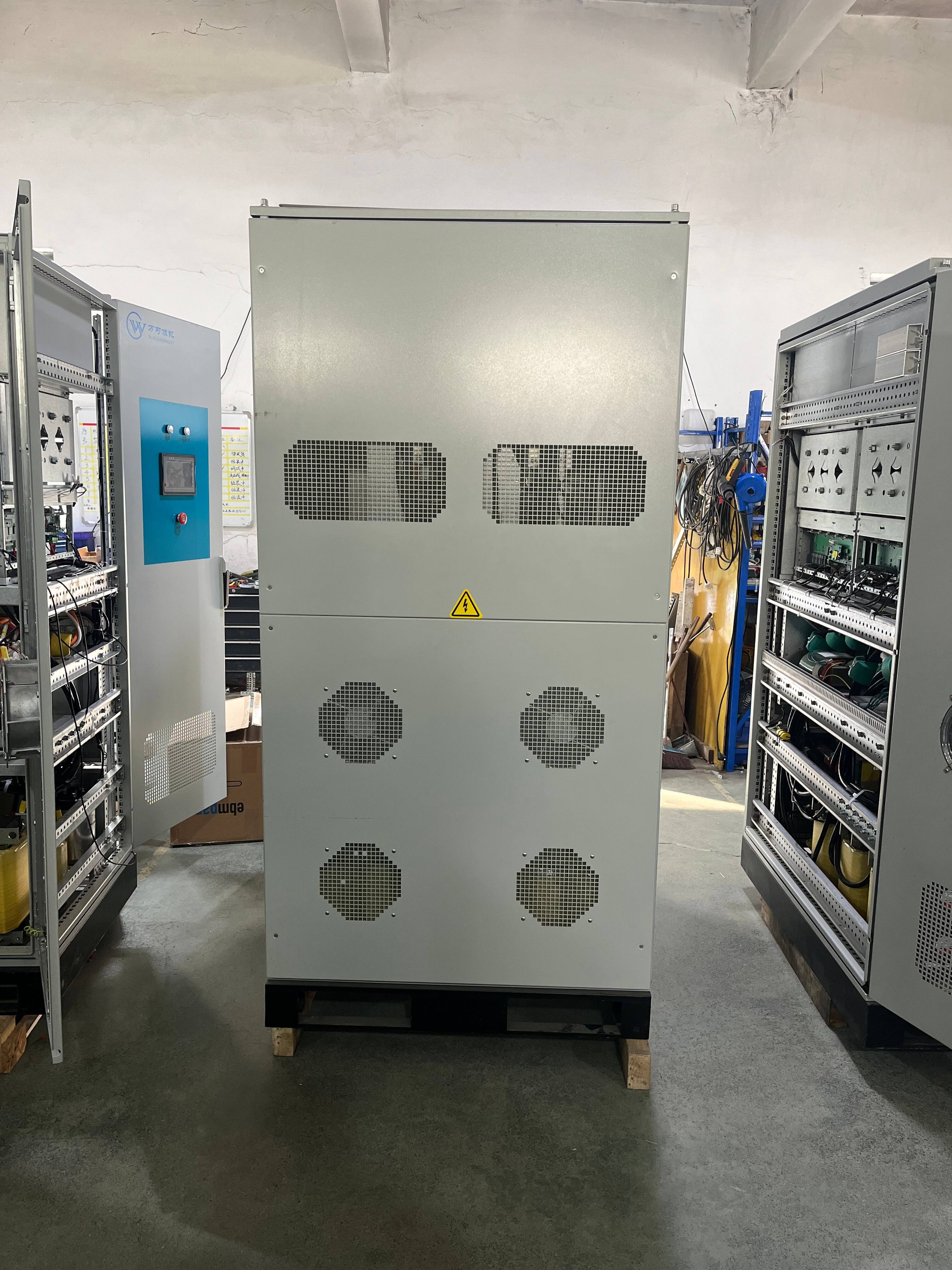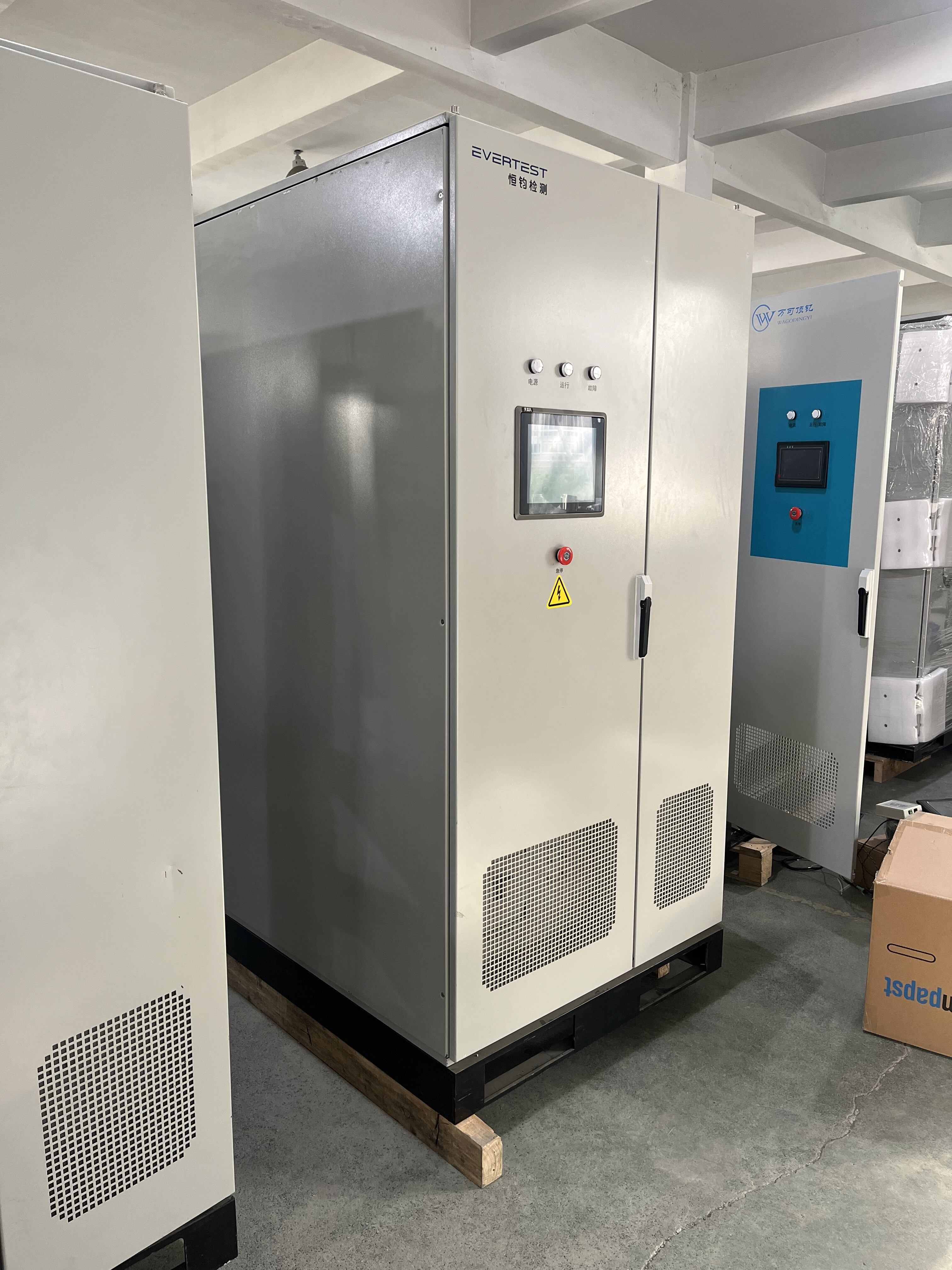battery testing
Battery testing encompasses a comprehensive suite of analytical procedures designed to evaluate and verify the performance, reliability, and safety of various battery systems. This sophisticated process employs advanced measurement technologies to assess crucial parameters including capacity, internal resistance, voltage stability, and cycle life. Modern battery testing systems utilize precision instruments and automated protocols to conduct both standard and custom test sequences, enabling manufacturers and researchers to obtain accurate, reproducible results. The testing procedures typically involve charge-discharge cycles, temperature monitoring, and stress testing under various environmental conditions. These systems can simultaneously evaluate multiple battery cells or complete battery packs, providing real-time data acquisition and analysis. The applications span across numerous industries, from consumer electronics and automotive to renewable energy storage systems. Testing facilities incorporate safety features such as temperature control chambers, ventilation systems, and emergency shutdown protocols to ensure secure testing environments. The data collected through these tests helps in quality control, research and development, and certification processes, ultimately contributing to the advancement of battery technology and its safe implementation in various applications.




